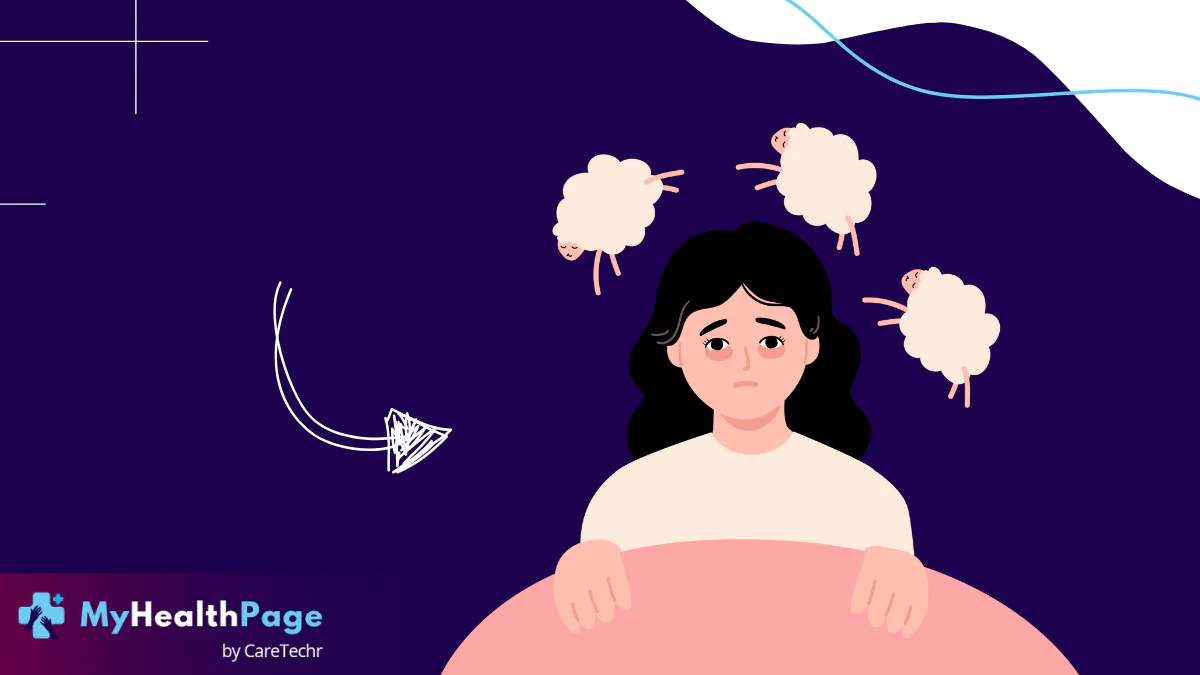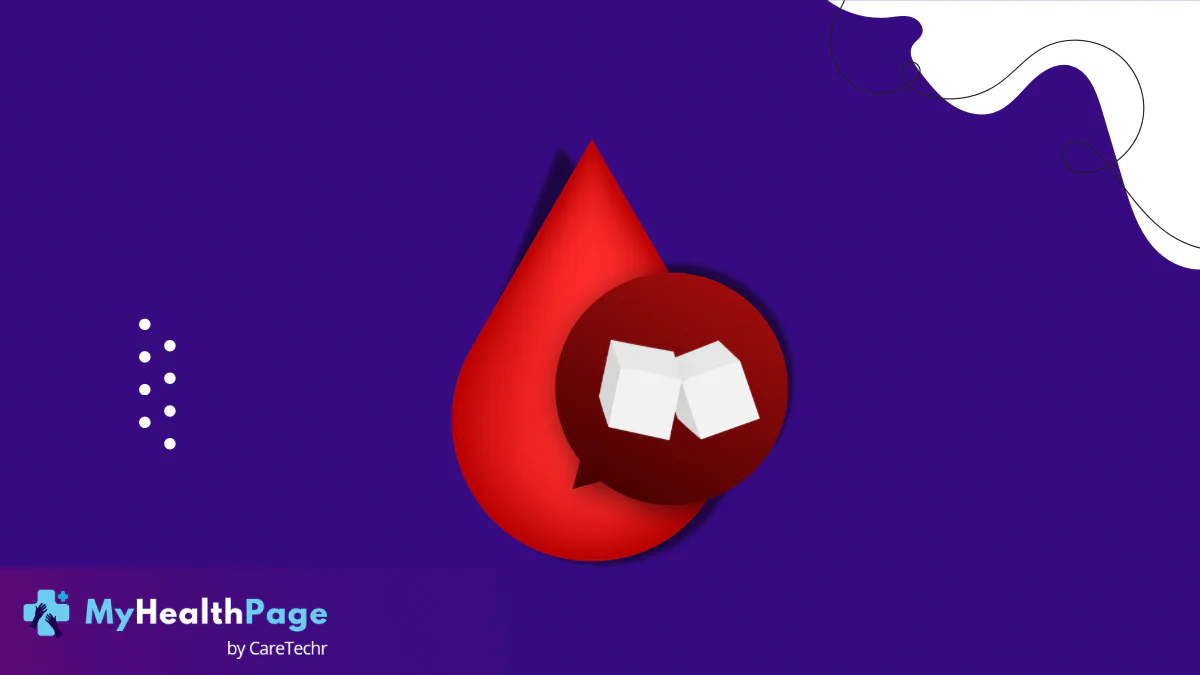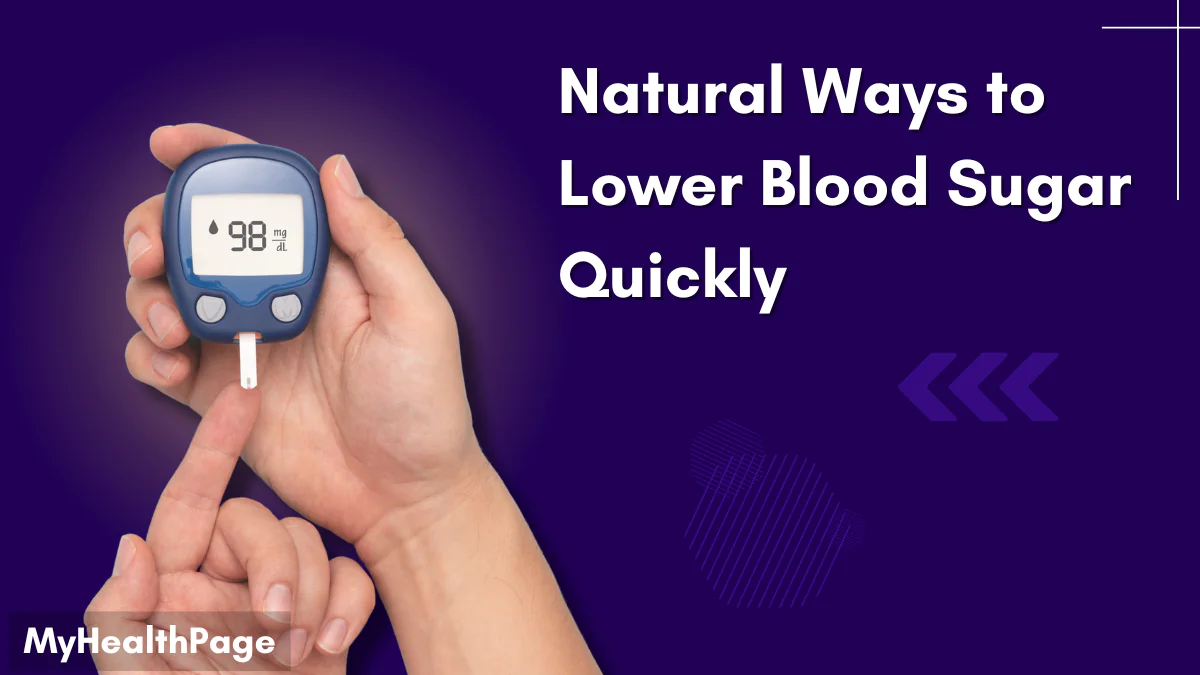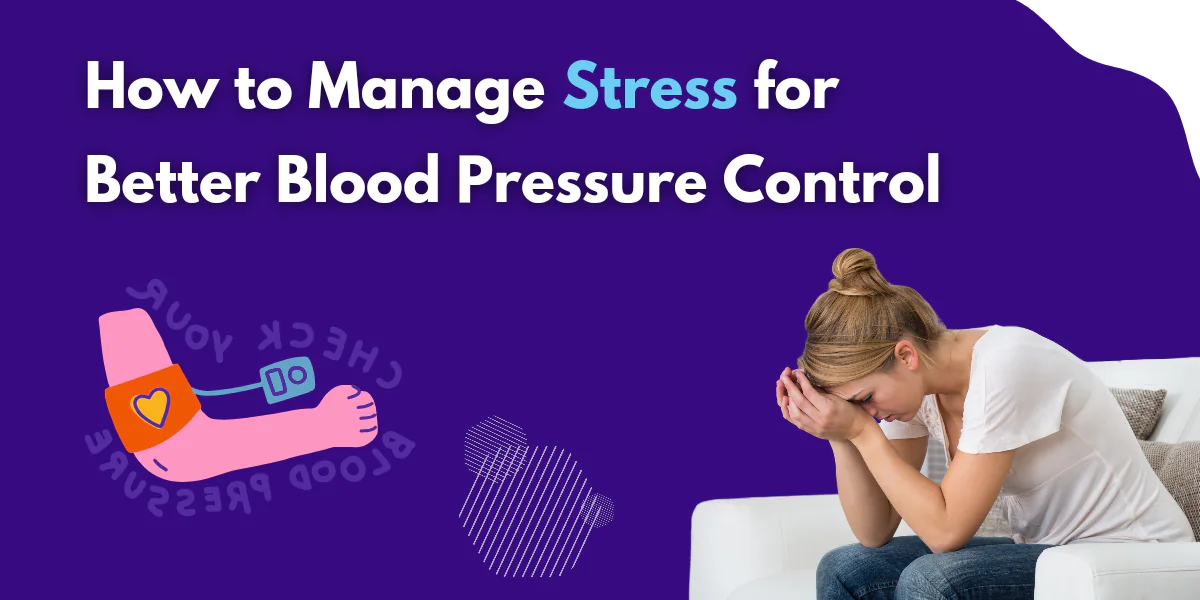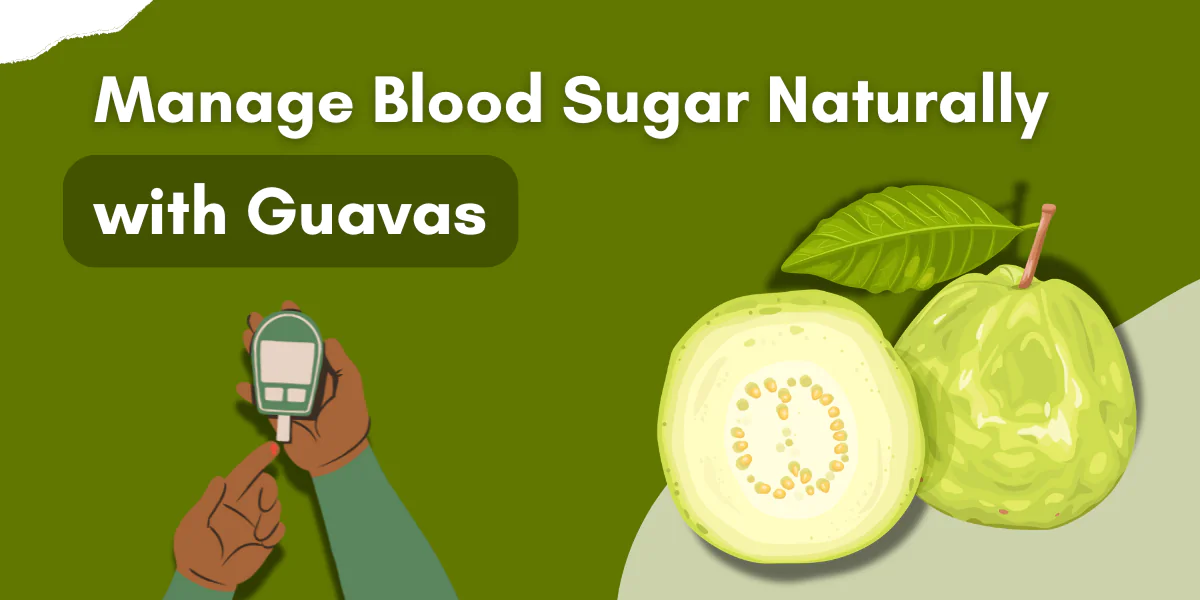Sleep is often considered the cornerstone of health, rejuvenating both body and mind. Yet, in today’s fast-paced world, sleep deprivation is increasingly common. Beyond the fatigue and cognitive decline it causes, insufficient sleep can visibly affect your appearance, particularly around the eyes. Puffy eyes and dark circles are hallmark signs of poor sleep, and they can impact your confidence and overall facial appearance.
Understanding how sleep deprivation causes these problems—and how to prevent or manage them—is essential for maintaining both a well-rested look and long-term skin health.
How Sleep Deprivation Affects the Skin
Sleep is when your body repairs itself, including your skin. During deep sleep stages, blood flow to the skin increases, collagen production peaks, and damage from UV exposure and pollutants is repaired. When you don’t get enough sleep, these restorative processes are disrupted, leading to visible signs of aging, dehydration, and inflammation.
Why the Eyes Show the First Signs of Fatigue
The skin around the eyes is particularly delicate—about 10 times thinner than other parts of the face. This makes it more prone to showing signs of stress and sleep deprivation, including:
- Fluid Retention: Poor sleep can cause imbalances in hydration, leading to puffiness around the eyes.
- Sluggish Blood Circulation: Lack of sleep reduces blood flow, causing blood to pool under the thin skin, resulting in dark circles.
- Collagen Breakdown: Sleep deprivation accelerates collagen loss, making the skin less firm and more prone to sagging.
Puffy Eyes: Causes and Connection to Sleep Deprivation
Puffy eyes occur when fluid accumulates in the under-eye area, creating a swollen or bloated appearance. Sleep deprivation contributes to this issue in several ways:
1. Increased Fluid Retention
When you don’t get enough sleep, your body struggles to regulate water balance. This can lead to fluid pooling around the eyes, especially if you sleep in certain positions, like lying flat on your back.
2. Elevated Cortisol Levels
Sleep deprivation raises cortisol levels, the stress hormone. Elevated cortisol increases water retention and breaks down the skin’s supportive structures, contributing to puffiness.
3. Poor Lymphatic Drainage
Sleep is essential for the lymphatic system, which removes toxins and excess fluids from the body. Without adequate sleep, this process slows down, allowing fluids to accumulate in the under-eye area.
Dark Circles: How Sleep Deprivation Makes Them Worse
Dark circles are caused by a combination of factors, including genetics, lifestyle, and skin thinning. Sleep deprivation exacerbates their appearance due to:
1. Blood Pooling
When you’re sleep-deprived, blood circulation slows, causing blood to pool under the eyes. The thin skin around the eyes allows this to become visible, resulting in a bluish or purplish tint.
2. Collagen and Elastin Loss
Chronic sleep deprivation weakens the skin’s structure by reducing collagen and elastin production. This makes the skin more translucent, allowing underlying blood vessels to show through more prominently.
3. Hyperpigmentation
Sleep deprivation can lead to increased stress and inflammation, which in turn may trigger melanin production and cause pigmentation around the eyes.
How to Identify Sleep-Related Puffy Eyes and Dark Circles
Puffy eyes and dark circles caused by sleep deprivation often have specific characteristics:
- Puffy Eyes: Appear swollen or bloated, particularly upon waking. They may subside as the day progresses if fluid drainage improves.
- Dark Circles: Look darker than usual, often bluish, purple, or brown depending on skin tone. They are more prominent after several nights of poor sleep.
If these issues improve with adequate rest, it’s a strong indicator that sleep deprivation is the root cause.
Other Factors That Worsen Puffy Eyes and Dark Circles
While sleep deprivation is a major contributor, other factors can compound the problem:
- Dietary Habits: Excessive salt intake can worsen fluid retention and puffiness.
- Allergies: Allergic reactions can cause inflammation and darkening around the eyes.
- Aging: Natural collagen loss with age can make dark circles more prominent.
- Dehydration: Lack of water can make the under-eye area appear sunken and dark.
Preventing Puffy Eyes and Dark Circles from Sleep Deprivation
The good news is that puffy eyes and dark circles caused by sleep deprivation are often reversible. Here are effective strategies to combat them:
1. Prioritize Quality Sleep
- Aim for 7–9 hours of sleep each night to allow your body and skin to repair itself.
- Maintain a consistent sleep schedule, even on weekends.
2. Elevate Your Head While Sleeping
Use an extra pillow to keep your head slightly elevated. This prevents fluid from pooling in the under-eye area.
3. Stay Hydrated
Drink plenty of water throughout the day to maintain proper hydration levels. This helps prevent both puffiness and dull, dehydrated skin.
4. Reduce Salt and Caffeine Intake
Excess sodium and caffeine can worsen fluid retention and dehydration, making puffy eyes and dark circles more prominent.
5. Manage Stress Levels
Practice relaxation techniques such as meditation, yoga, or deep breathing to reduce cortisol levels and support restful sleep.
Quick Remedies for Puffy Eyes and Dark Circles
If you wake up with puffy eyes or dark circles, try these remedies to reduce their appearance:
1. Cold Compress
Applying a cold compress or chilled cucumber slices to the eyes can reduce puffiness by constricting blood vessels.
2. Eye Creams with Caffeine
Caffeine-based eye creams temporarily tighten the skin and improve circulation, minimizing the appearance of puffiness and dark circles.
3. Massage the Area
Gently massage the under-eye area using your ring finger to encourage lymphatic drainage and improve circulation.
4. Use Brightening Concealers
For an instant fix, use a brightening concealer to cover dark circles while treating the root cause with better sleep habits.
The Long-Term Effects of Sleep Deprivation on Skin
While occasional sleep deprivation may only cause temporary puffiness and dark circles, chronic sleep loss can lead to more permanent damage:
- Premature Aging: Reduced collagen production accelerates fine lines and wrinkles.
- Hyperpigmentation: Persistent dark circles may become permanent due to repeated stress and inflammation.
- Skin Dullness: Lack of sleep disrupts skin cell turnover, leading to a lackluster complexion.
These long-term effects highlight the importance of addressing sleep issues for overall skin health.
FAQs About Sleep Deprivation and Puffy Eyes
1. Can sleeping more reverse dark circles completely?
While getting adequate sleep improves blood circulation and skin repair, genetic factors or pigmentation issues may require additional treatments.
2. Are puffy eyes always caused by sleep deprivation?
No, puffy eyes can also result from allergies, high salt intake, aging, or dehydration. Sleep deprivation is a common cause but not the only one.
3. How quickly can better sleep reduce puffiness?
Improving sleep can reduce puffiness within a few days, but consistent rest is needed for long-term improvement.
4. Can eye creams alone fix sleep-related dark circles?
Eye creams can help reduce the appearance temporarily, but addressing sleep deprivation is essential for lasting results.
5. Do certain sleeping positions worsen puffiness?
Yes, sleeping flat or on your stomach can encourage fluid retention. Sleeping with your head elevated is recommended.
6. Are there any foods that help with dark circles?
Foods rich in vitamin C, vitamin K, and antioxidants, like spinach, oranges, and berries, can support healthy skin and improve dark circles.
Conclusion
Sleep deprivation doesn’t just leave you feeling tired—it leaves visible traces on your face, particularly around your eyes. Puffy eyes and dark circles are common indicators of poor sleep, caused by fluid retention, sluggish circulation, and skin thinning. Fortunately, these effects can often be reversed with better sleep hygiene and supportive lifestyle changes.
By prioritizing rest, staying hydrated, and using quick remedies when needed, you can restore your skin’s vitality and keep your eyes looking refreshed and youthful. Sleep is not just beauty rest; it’s a foundation for overall health and glowing skin.
Read Also: The Remarkable Benefits of Chamomile Tea: A Natural Remedy for Stress and Sleep
Medical Disclaimer: This article is for informational purposes only and is not a substitute for professional medical advice. Always consult with a healthcare provider for personalized recommendations.

